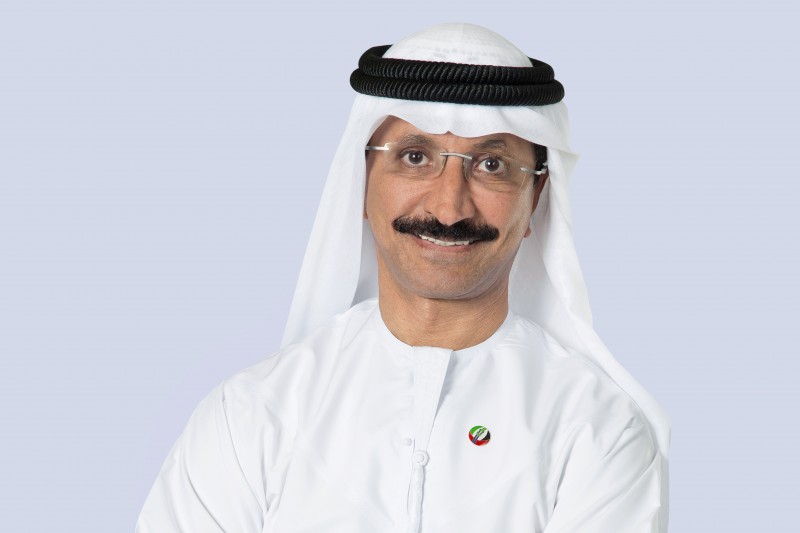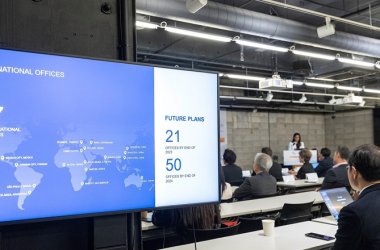Dubai Customs has announced that its “Productivity Engine” has been approved by the Dubai Executive Council to be used at the government departments level, WAM reported.
The engine, developed in-house by Dubai Customs, uses Artificial Intelligence (AI) to boost productivity, reduce costs and make clients happier and more satisfied towards the fulfilments of Dubai bold plans and vision.

The AI based productivity engine has many features which include the ideal time calculator, productivity predictor, and leadership nudges. Most importantly, the innovative engine encompasses an auto-time tracker that highlights productive and unaccounted time and notifies decision makers of productivity scores for each department and employee.
Sultan Ahmed bin Sulayem, DP World Group Chairman and CEO and Chairman of Ports, Customs and Free Zone Corporation, PCFC, said, “The productivity engine assists leaders in harnessing the power of AI and giving recommendations aimed at creating better workplaces to support legitimate trade. With this creative service, the Ports, Customs, and Free Zone Corporation aims to create a scalable productivity disruption program that can be implemented at other government organisations in fulfilment of the vision of our wise leadership.
“Advanced AI technologies increase ROI and attracts new investments while boosting productivity and facilitating procedures. PCFC is doing very well in this regard and we have implemented and developed a number of bold systems including the Smart Risk Engine, the Authorised Economic Operator and Dubai Customs’ Smart iDeclare System for passengers, among others,” he added.
In turn, Ahmed Mahboob Musabih, Director-General of Dubai Customs, said, “We have certain targets that we look forward to in the next two years which include reducing workload by 16.8 percent, increasing productivity capacity by 10 percent, automation of operations by 0.5 percent, and better employee commitment by 5.2 percent. This will save us 1,280,000 work hours. In Dubai Customs we realise how important boosting productivity and performance is. To this end, we have grown our productivity 15 percent year-on-year after Mirsal 2 joined the service.”
Musabih further highlighted that having an innovative productivity engine will enable them to handle the additional capacity without expanding our headcount. “We have 7,400 independent tasks and it’s impossible for humans to watch over them all, but the new system can calculate the ideal time for each task. And since it’s based on artificial intelligence, the system will keep learning and adjusting the ideal time for the tasks.”





